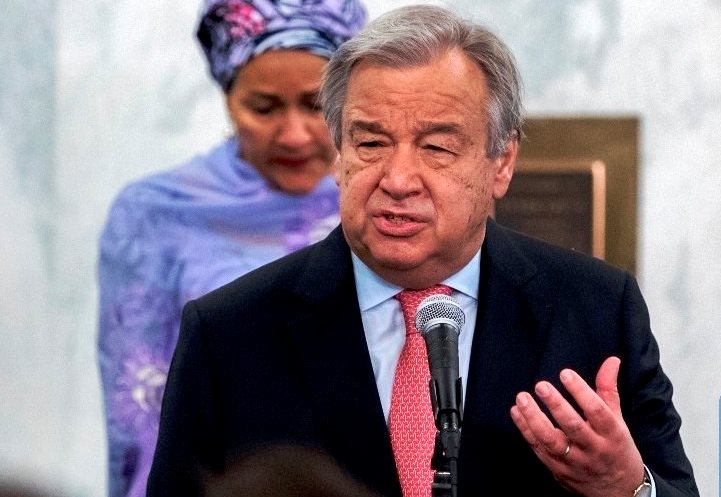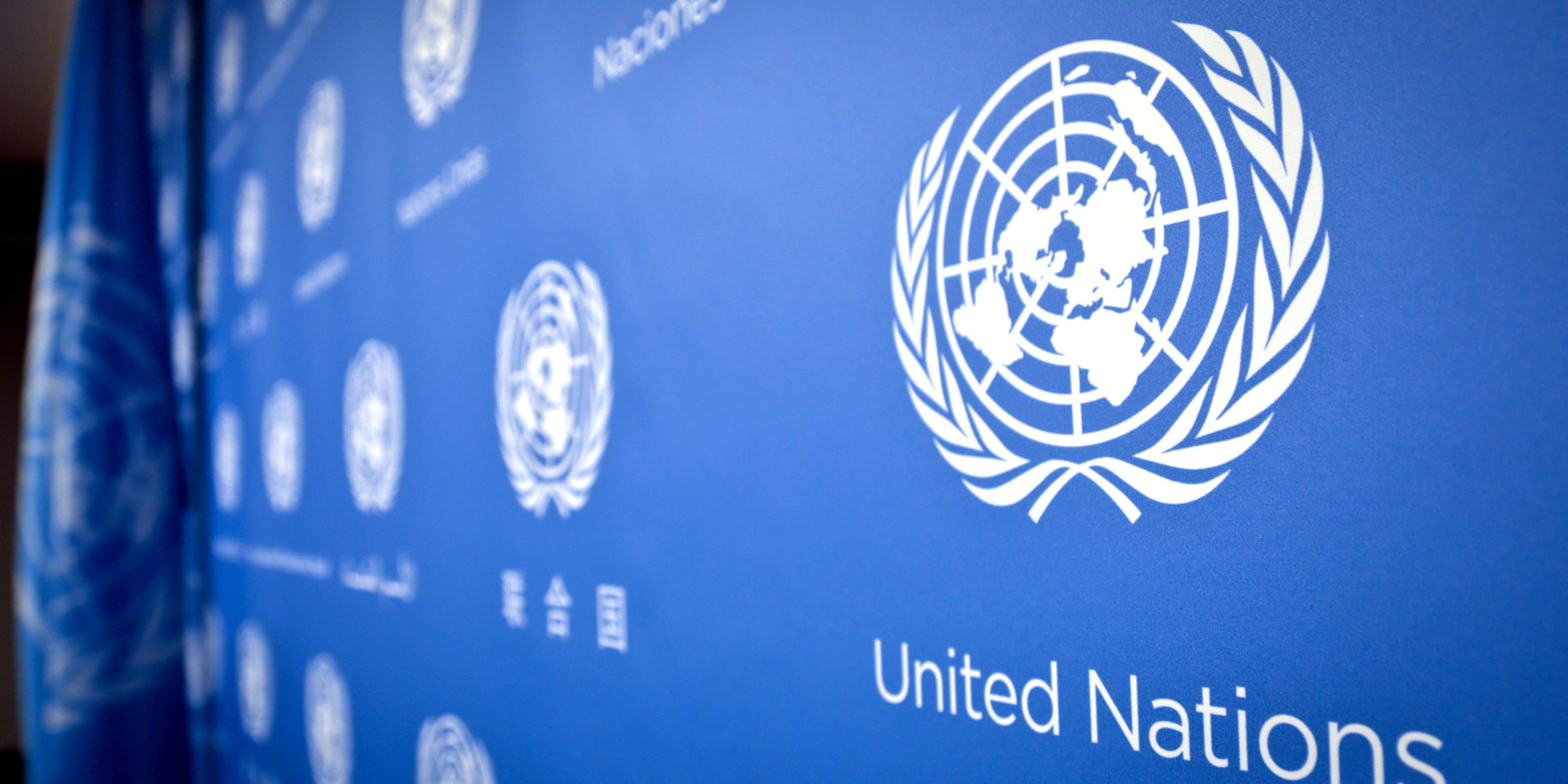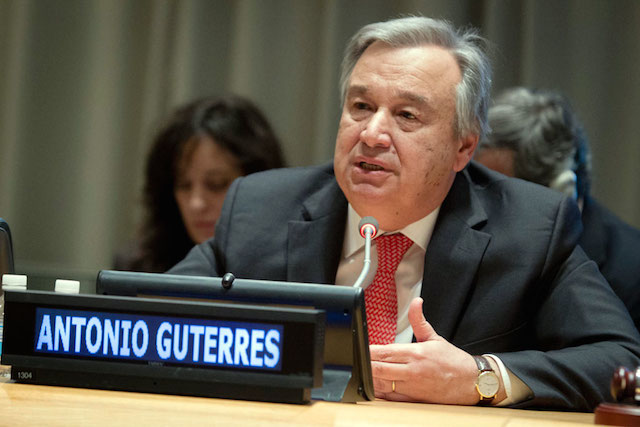UN Secretary General Antonio Guterres has urged the world to prepare for the next pandemic and act on lessons learned from COVID-19.
Guterres said this in a message on Wednesday to mark the International Day of Epidemic Preparedness
The International Day of Epidemic Preparedness, celebrated annually on Dec.27, provides an opportunity for renewed commitment to the vital work of epidemic preparedness.
It’s also an ideal moment to reflect on the progress made to date—progress that in 2023 demonstrated the important link between global goals and local advocacy.
The COVID-19 pandemic affected hundreds of millions of lives, caused millions of deaths and inflicted devastating impacts on humanity.
After three years of unprecedented global efforts, on May 5, the World Health Organisation (WHO) declared an end to COVID-19 as a public health emergency, stressing however, that it does not mean the disease is no longer a global threat.
“Economic damage inflicted by the pandemic endures. Many healthcare systems are struggling. Millions of children are threatened by disease after missing out on routine childhood vaccinations,” Guterres said.
The UN chief noted that three years after the first COVID-19 vaccines were developed, billions of people remain unprotected – overwhelmingly in developing countries.
“When the next pandemic arrives, we must do better. But we’re not yet ready. We must prepare and act on the lessons of COVID-19,” he urged.
“We must renounce the moral and medical disaster of rich countries hoarding and controlling pandemic healthcare supplies, and ensure everyone has access to diagnostics, treatments and vaccines,” he stressed, adding that WHO’s authority and financing must also be strengthened.
According to him, the way forward lies through global cooperation and that the world must improve surveillance of viruses, strengthen health systems, and make the promise of Universal Health Coverage a reality.
The secretary-general said these efforts were making progress.
He recalled that the High-level meeting on Pandemic Prevention, Preparedness and Response, held in September, concluded with a robust political declaration which complements negotiations underway towards a pandemic accord.
This first-ever global agreement aims to enhance collaboration, cooperation, and equity in responding to pandemics of the future, WHO chief Tedros Ghebreyesus said in his end-of-year message published on Tuesday.
According to the UN chief, the pandemic accord will help to create a safer and healthier world with a universal system of response to disease eruptions.
Guterres urged countries to build on this momentum by delivering a strong, comprehensive accord, focused on equity.
“Together, let’s act on the lessons of COVID-19, prepare, and build a fairer, healthier world for all,” he said.






